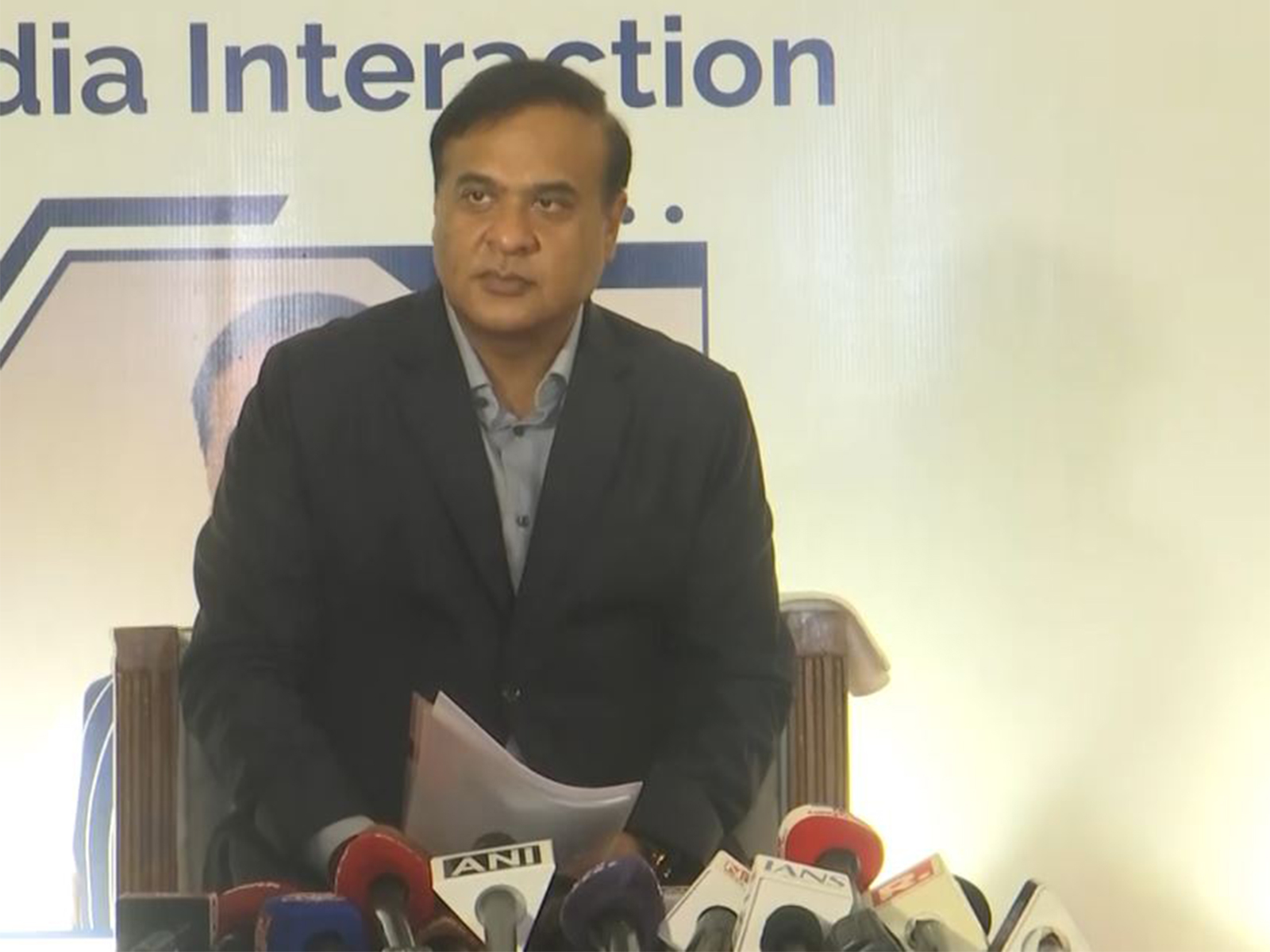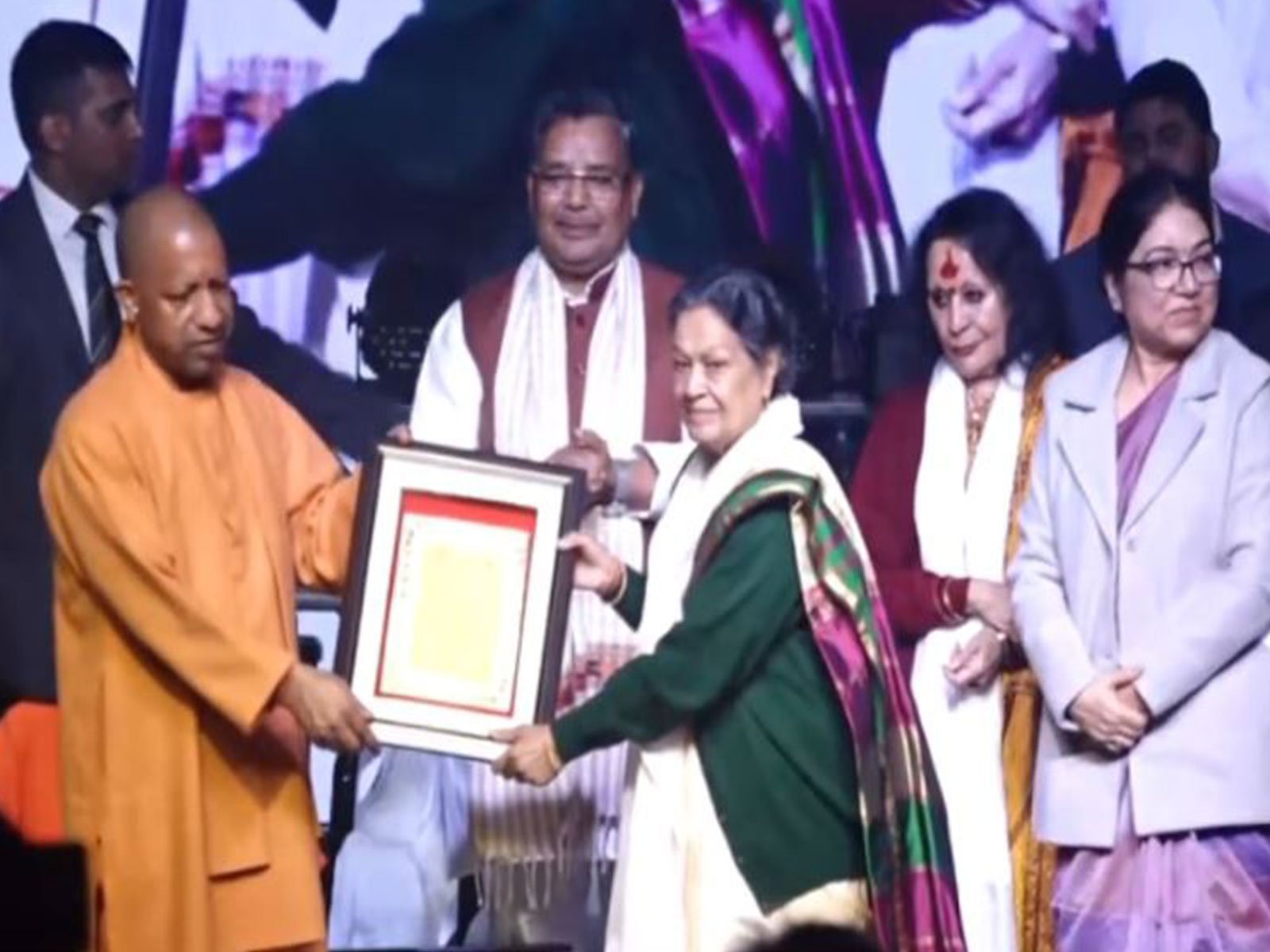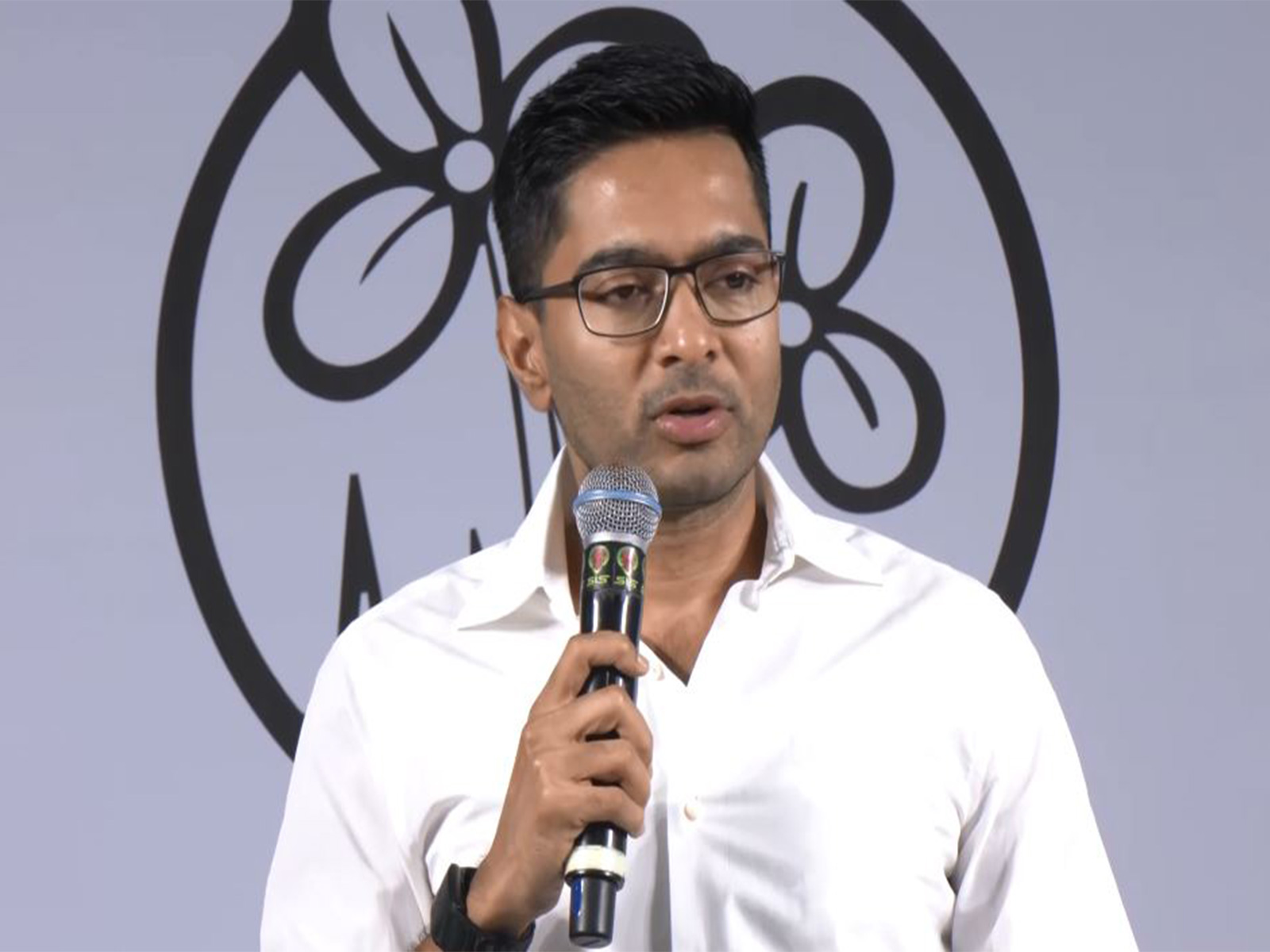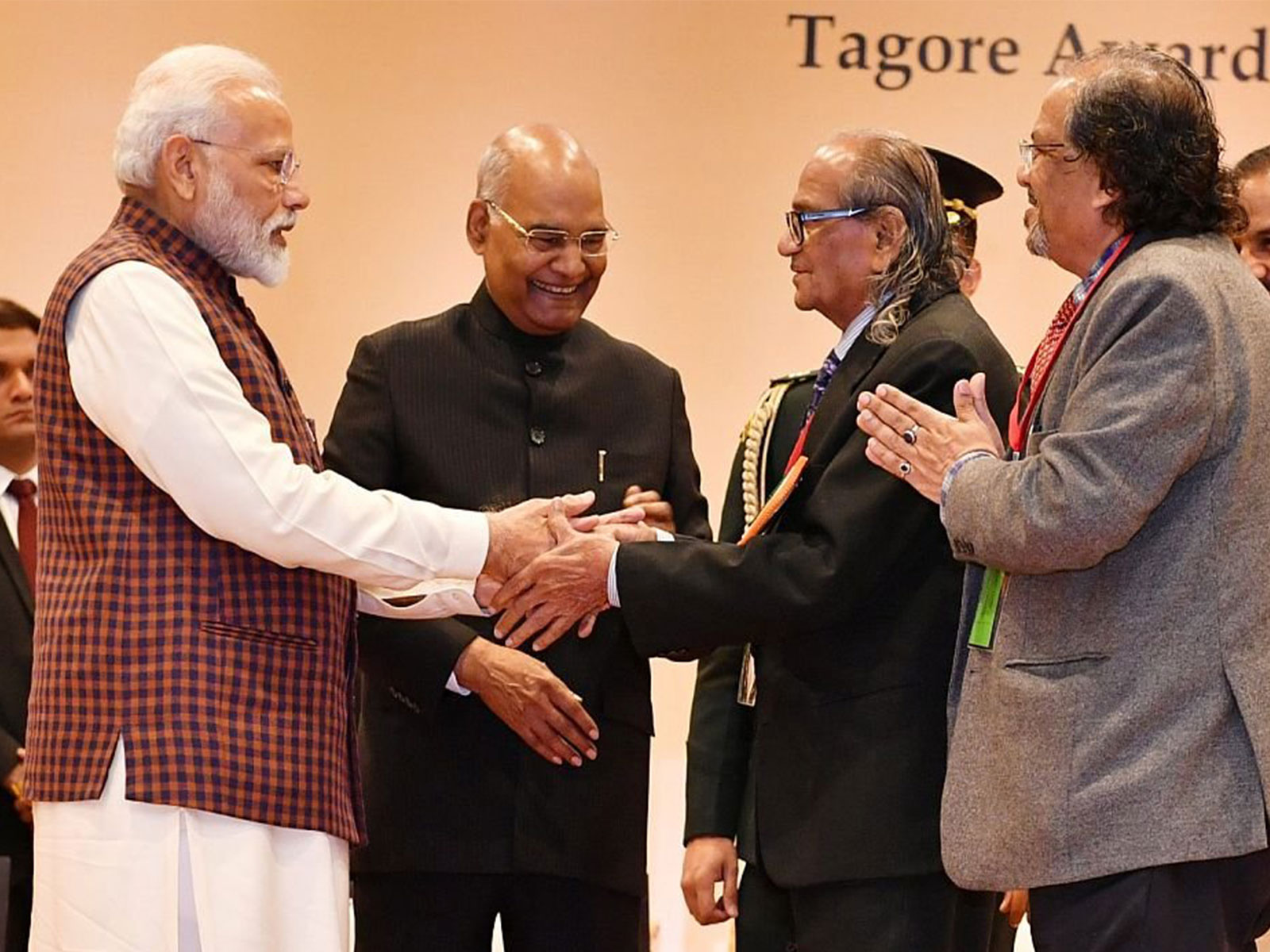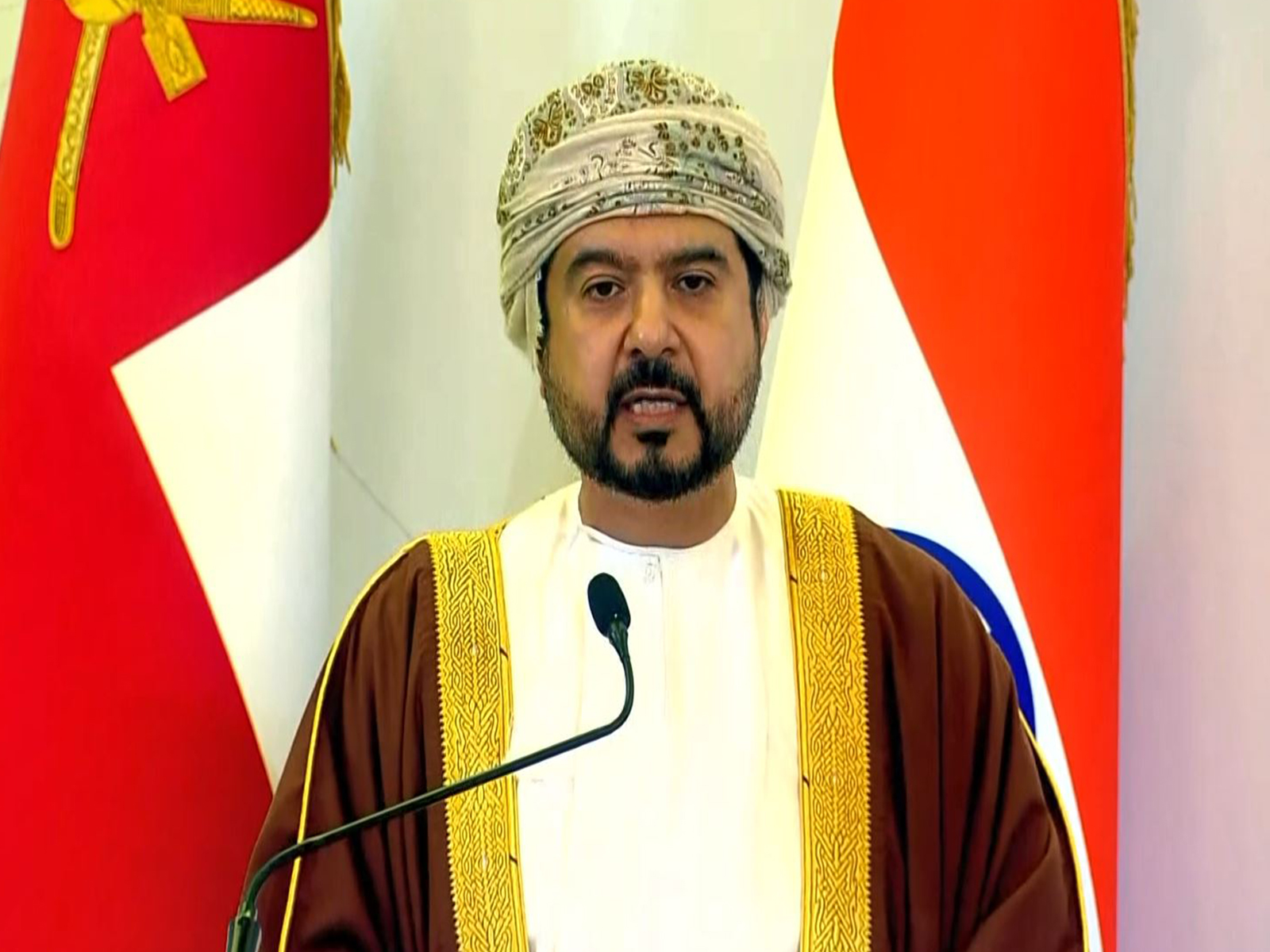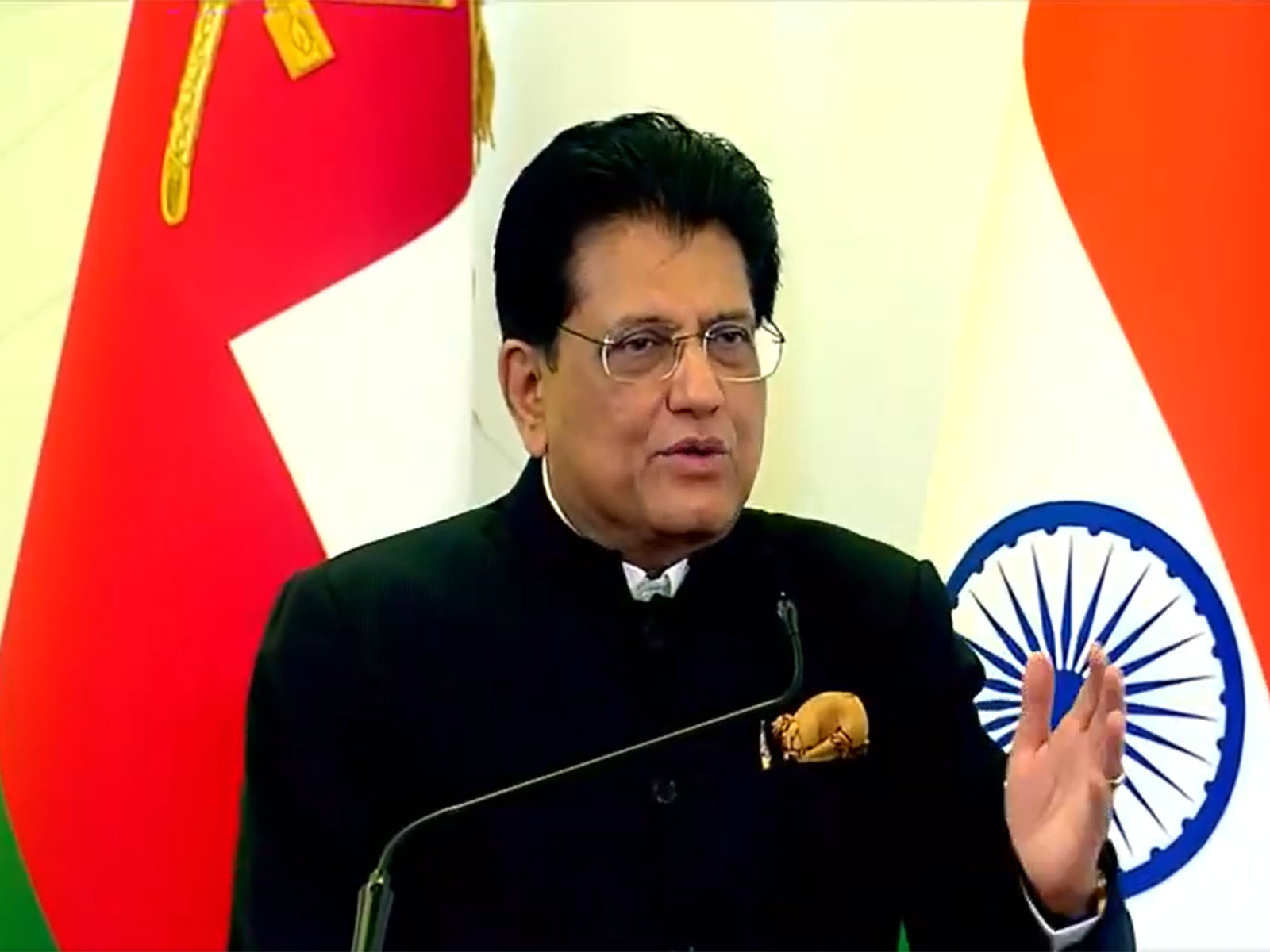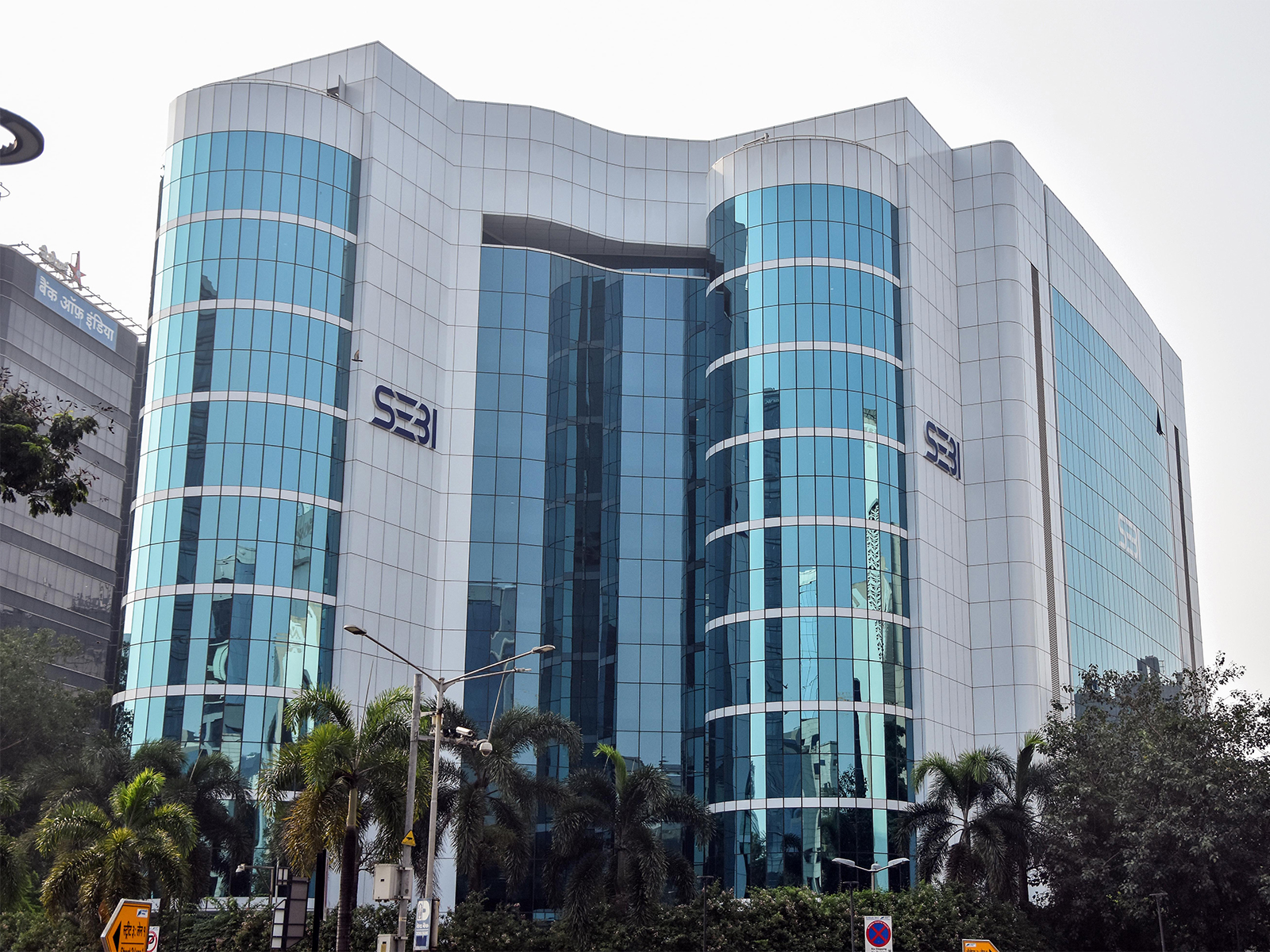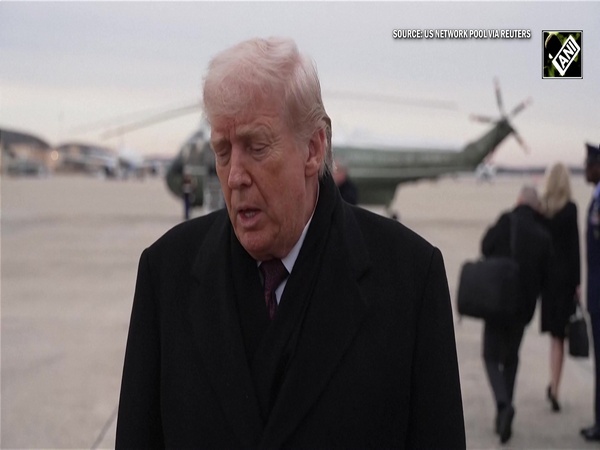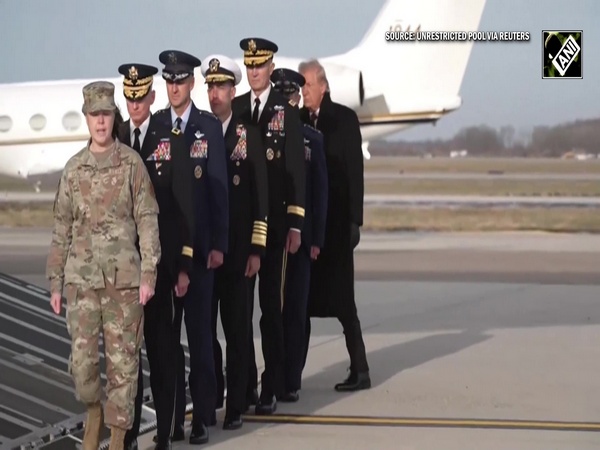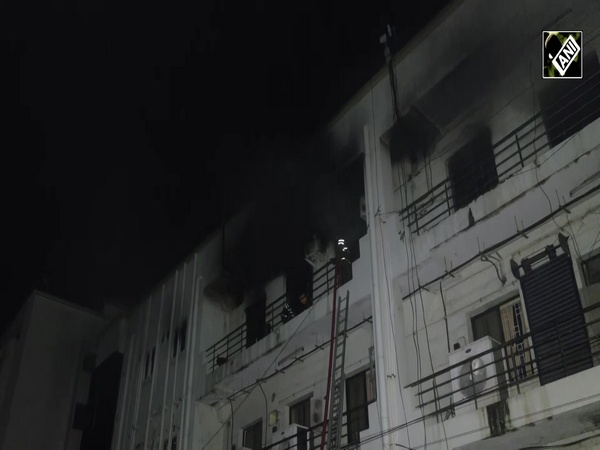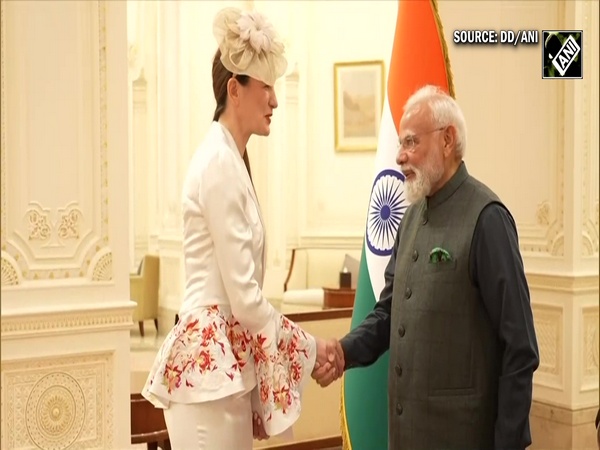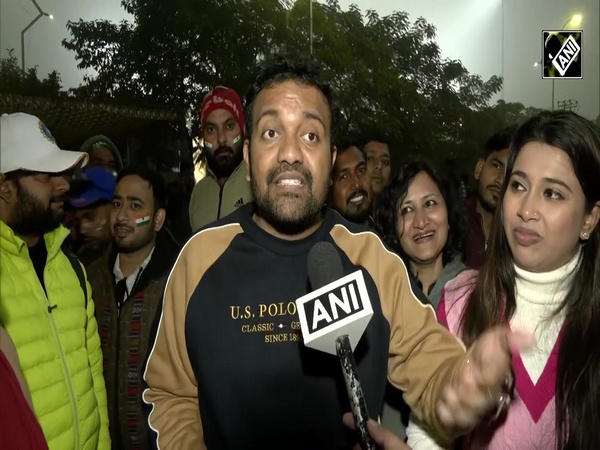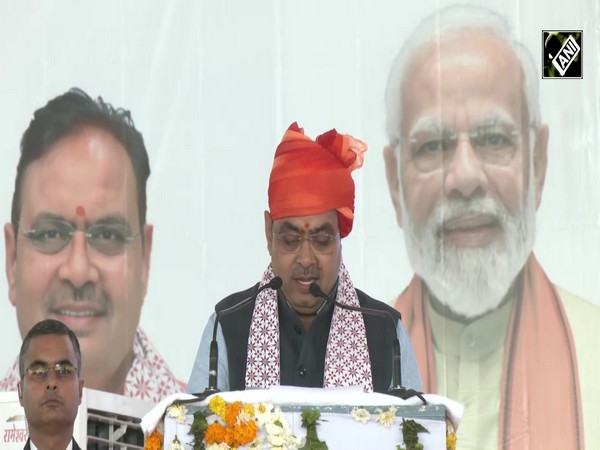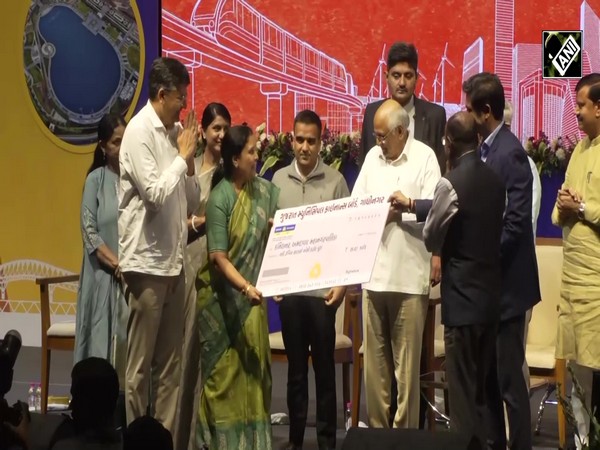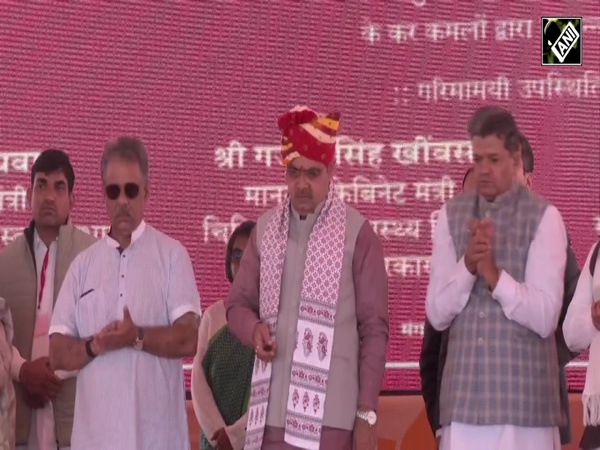15-day long budget session of Himachal Pradesh concludes
Mar 28, 2025

Shimla (Himachal Pradesh) [India], March 28 : The 15-day-long budget session of the Himachal Pradesh Assembly concluded indefinitely on Friday.
During the session, Chief Minister Sukhvinder Singh Sukhu presented and passed the 2025-26 budget and significant bills aimed at curbing organized crime and drug trafficking.
Additionally, a bill increasing the stamp duty on land and property transactions was approved. Notably, the salaries of MLAs, ministers, the Speaker, and the Deputy Speaker were raised, while their allowances were reduced.
Summarizing the session's proceedings, Himachal Pradesh Assembly Speaker Kuldeep Singh Pathania emphasized the high productivity achieved.
"This budget session had 15 sittings, running for approximately 73 hours. On multiple occasions, sessions extended beyond the scheduled 5 PM adjournment. The productivity of the session reached 110 per cent, setting a record unmatched in any other state assembly or even in Parliament, except for Kerala, where the session is ongoing," Pathania said.
He also noted that 1,134 questions and notices were submitted, out of which nearly 950 were discussed, ensuring that all members had an opportunity to voice their concerns.
Chief Minister Sukhvinder Singh Sukhu asserted that the budget was inclusive, addressing the concerns of all societal groups.
"The budget has taken into account the interests of every section of society. I appreciate both ruling and opposition members for their questions and the ministers for their precise responses. The salary increments for MLAs were approved within the Assembly itself, as this is the only forum where such matters can be decided," the CM said.
Sukhu highlighted three key legislative measures introduced during the session:
"Himachal's economic strength can be improved by optimizing property revenue. Our goal is to generate Rs 500 to Rs 1,000 crore in additional revenue in the coming financial year," said Sukhu.
"The state has taken an aggressive stance against drug trafficking. The newly passed bill introduces the death penalty and a minimum 10-year sentence for serious drug-related crimes. Since the implementation of anti-drug measures, drug-related incidents have decreased by 30 per cent and we anticipate further declines," the Chief Minister added.
He also said that Action Against Organized Crime was initiated through the passing of the bill.
"The state has witnessed a rise in organized crime, including contract killings and large-scale drug operations. This bill provides law enforcement with stronger powers to dismantle such networks," he said.
The Chief Minister also underlined efforts to rehabilitate affected youth, stating, "We are committed to bringing children trapped in drug addiction back into mainstream society through structured rehabilitation programs." he added further.
The salary hike for MLAs has been discussed. Public Works Minister Vikramaditya Singh defended the move.
"Given rising inflation, increasing salaries was a necessity. Even MPs at the national level have received salary hikes. This will also help curb corruption, ensuring that legislators can meet public expectations without financial strain," said Singh.
Parliamentary Affairs and Industries Minister Harshvardhan Chauhan said, "MLA salaries had not been revised for over eight years, while government employees benefited from the Sixth Pay Commission. The salary hike was unanimously passed and also included cuts in allowances like electricity, water, and telephone expenses."
Agriculture Minister Chander Kumar recalled a historical precedent for MLA salaries dating back to the tenure of former Himachal CM Dr YS Parmar.
"Dr Parmar had introduced this concept when he discovered that a former legislator was forced to resume his profession as a cobbler. Even Indira Gandhi had praised the move, recognizing that MLAs should have financial security to maintain dignity," he said.
He further linked salary adjustments to economic shifts.
"The rupee has significantly depreciated--Rs 87 per USD today, compared to Rs 4 during Nehru's time. Fuel costs have soared, making travel expensive for MLAs. Legislative productivity has increased, and salary hikes are necessary to keep pace with inflation," said Chander Kumar.
Leader of Opposition and former CM Jai Ram Thakur supported the organized crime bill.
"Himachal was traditionally a peaceful state, but recent trends indicate a rise in organized crime. This law will equip authorities to take decisive action," said Jairam Thakur.
However, he criticized the stamp duty hike. "Increasing stamp duty from 8 per cent to 12 per cent is not a minor change. It's a significant financial burden, especially for NGOs, cooperative societies, and charitable organizations. It will also impact Farmer Producer Organizations (FPOs), which the Modi government has actively promoted to empower the agricultural sector," Thakur added.
Thakur, defending the MLA's salary hike, expressed reservations about the salary hike structure where allowances have been deducted.
"While MLAs' salaries have increased, their allowances for utilities like electricity, water, and telephone have been cut. Although constituency allowances have seen a slight rise, the overall impact must be carefully assessed," Thakur added further.
The budget session concluded on Friday. The Himachal Pradesh Assembly passed crucial legislation aimed at economic growth, crime control, and legislative welfare.
While the government has defended its decisions as essential for state development, opposition voices continue to raise concerns over the implications of increased stamp duty and the revised salary structure for MLAs. The coming months will reveal the real impact of these decisions on the state and its governance.
